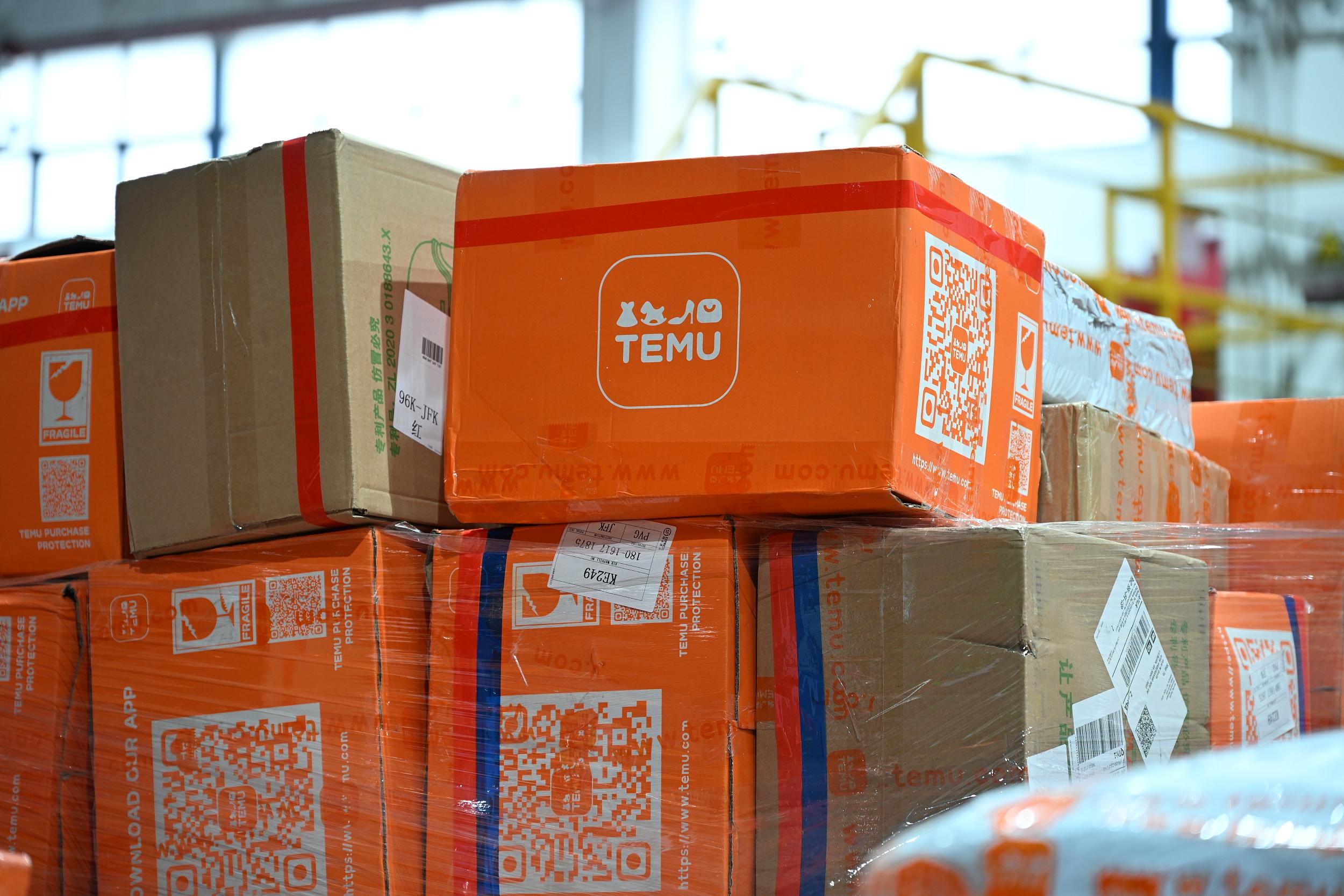Protectionism Can Never Improve Competitiveness

Alexandre Bompard, CEO of French retail giant Carrefour, was in the limelight recently for saying that the EU's proposal to charge a flat two euro handling fee for low-value e-commerce packages coming into the bloc from non-EU countries is "a joke."
Earlier in May, the EU proposed to impose a flat fee on packages less than 150 euro in value if they were imported directly by consumers. Many of those packages are from China bought via digital platforms such as the Chinese-founded Temu and Shein.
According to AFP, European retailers say they face unfair competition from overseas platforms. Bompard, who also heads the French Retailers Federation, has urged the EU to speed up its proposed fees.
Bompard's remark seems to aim at protecting local retail, but is actually a form of trade protectionism. Resorting to a high tax strategy will harm consumers' interests and the EU's overall economy.
The local consumers are the biggest victims of trade protectionism as high tariffs increase their living costs. According to the EU Commission, e-commerce brings many benefits to consumers, businesses, and the EU economy as a whole, with around 70 percent of Europeans regularly buying products online.
High tariffs would lead to higher shipping costs, directly pushing up the prices of low-cost items. So the real burden of demanding tariffs on small parcels would fall on the consumers, especially the low-income groups who struggle to make a living.
Actually, European retailers like Carrefour are worried about competition from e-commerce platforms like Shein and Temu, which are gaining ground in the EU market. The success of these Chinese platforms is not due to the duty-free allowance, it is largely attributed to innovations such as AI-driven product selection, innovative and diversified marketing strategies, as well as efficient logistics systems and supply chain management.
In the short term, a flat fee on low-value imports could offer some relief for European retailers. But if protectionist policies continue to grow, the EU risks damaging its international reputation and seeing its global leadership erode. The bloc has long advocated a multilateral trading system and is an active promoter of the principle of free trade.
While the fee proposal is pending approval from EU members, it should be noted that protectionism can never create competitiveness. If the EU wants to enhance its competitiveness, it should find another way to do so rather than building trade barriers.
Chinese Foreign Ministry spokesperson Mao Ning said an open and inclusive environment for international trade serves the interests of all. It is hoped the EU will honor its commitment to openness, provide an open, transparent and non-discriminatory environment for Chinese businesses, and create favorable conditions for China-EU economic and trade cooperation.







